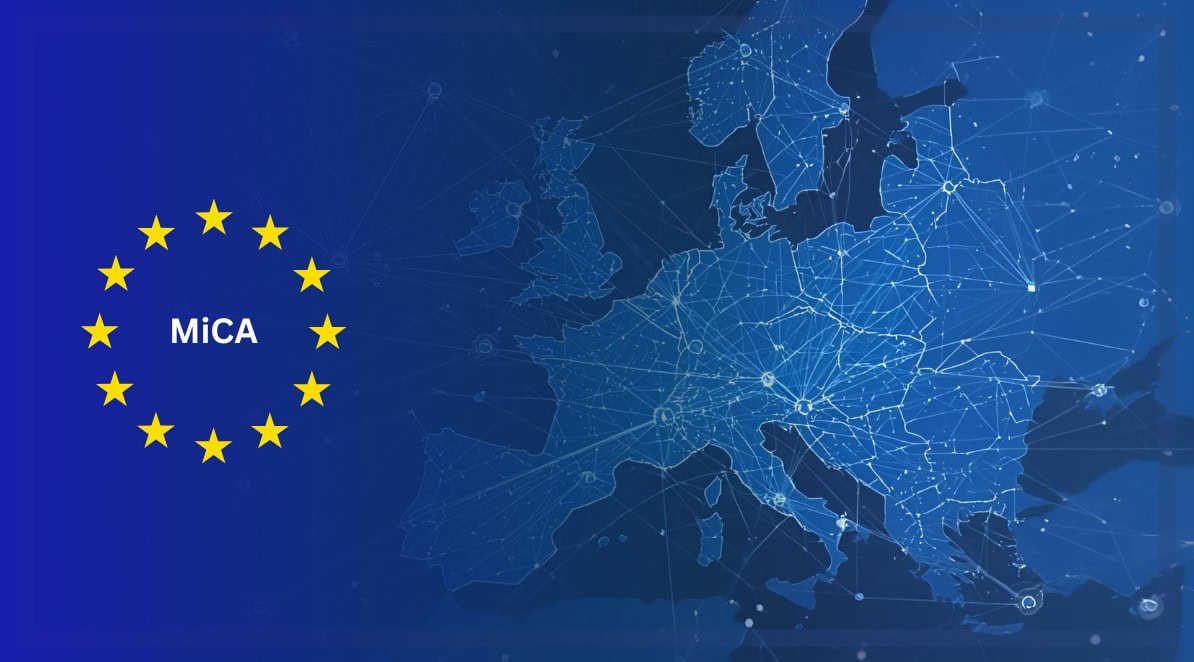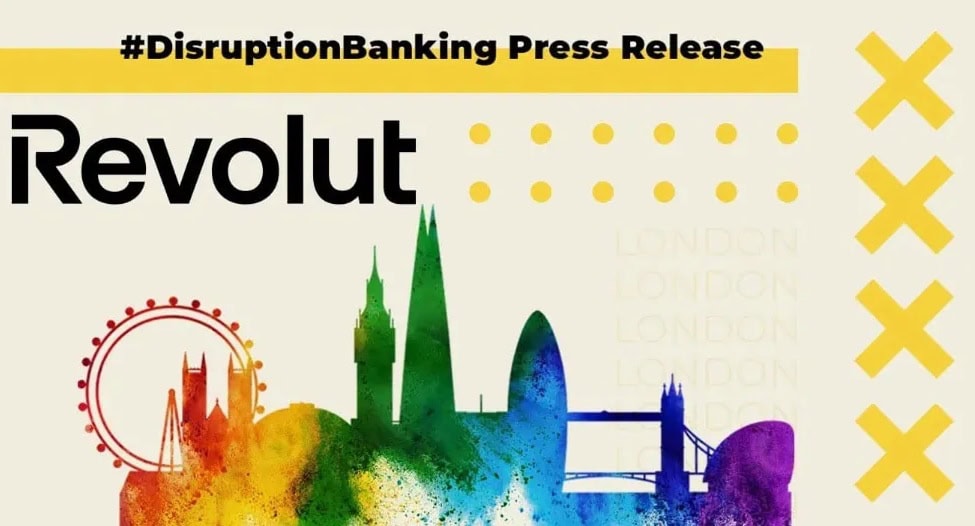When people think of Africa’s crypto leaders, Nigeria often tops the list. But over the past decade, South Africa has established a leading role, becoming one of the most dynamic digital asset markets on the continent. Its cryptocurrency market is projected to generate $615.5 million in revenue this year and grow at a 3.63% CAGR to $637.9 million by 2026, according to Statista.
Why does this matter? Because what’s happening in South Africa isn’t driven by crisis, but by strategic adoption, solid infrastructure, and increasingly progressive regulation.
With major exchanges getting licensed, millions entering the space, and stablecoins going mainstream, South Africa’s crypto story has shifted from curiosity to cornerstone, making one wonder if this is just the beginning.
Millions Are Turning to Crypto — Just How Big Is the Movement?
By late 2024, surveys showed South Africa ranked second only to Nigeria in global crypto adoption. A ConsenSys/YouGov report revealed that 68% of South Africans surveyed had bought or held cryptocurrency, and 66% owned a crypto wallet. While this data comes from an online sample and doesn’t cover the full population, it signals a strong wave of adoption.
Separate industry estimates back this up. As of this July, Bitcoin Events reports that around 10% of South Africa’s population — roughly six million people — own or use crypto. These numbers align with Triple-A’s earlier projection of 5.8 million users (9.4%), per Emurgo Africa’s report. And with 98% crypto awareness among adults, South Africans are some of the most informed users on the continent.
Still, high awareness doesn’t always mean high utility. While many are investing, stablecoins are gaining traction more rapidly than Bitcoin as everyday tools, particularly for cross-border payments and digital savings.
According to Chainalysis, 43% of Sub-Saharan Africa’s crypto volume in 2024 came from stablecoins, as users seek dollar equivalents to hedge local currency risks. This shift from trading to utility is clear.

Share of BTC and Stablecoin value received in Sub-Saharan Africa (July 2023-June 2024) Source: Chainalysis
Young, Smart, and Mobile: Who’s Really Buying Crypto in South Africa?
Who are these users fueling the crypto surge in SA? The majority are young, mobile-first, and financially aware. Though specific 2025 demographic breakdowns are still limited, earlier reports show over 80% of crypto holders are aged 18-44, and only 7% are over 55, with a strong presence among university-educated and middle-income earners. Most earn under $24,000 a year, signaling adoption beyond elites.
For context, this year, the average revenue per user in South Africa is estimated at $90.7. User penetration is expected to rise from 10.49% in 2025 to 10.77% in 2026, with the total number of users reaching 7.05 million by next year, Statista reports.
What drives this group? Inflation concerns, access to global finance, and belief in long-term value. In fact, nearly half of the respondents in the ConsenSys/YouGov survey said they believe crypto is the future of money. It’s not just about trading anymore — it’s now about owning a piece of the future.
🌍 Did You Know—South Africa is leading the crypto revolution in Africa with an 18% adoption rate among internet users aged 16-64?
— Lisk (@LiskHQ) August 28, 2024
Not only is it the first country in Africa to recognize crypto as a financial product, but cities like Johannesburg are also making global waves,… pic.twitter.com/UskwO7n2vA
The Apps and Exchanges Powering South Africa’s Crypto Boom
South Africa’s digital asset scene is supported by both homegrown champions and global giants:
- Luno, founded in 2013 and licensed by the Financial Sector Conduct Authority (FSCA), is one of South Africa’s best-known exchanges, serving millions globally.
- VALR, backed by Coinbase Ventures, is another major player, onboarding institutional clients and offering advanced trading tools.
- OVEX and SentiPay have introduced South Africa’s first rand-pegged stablecoins — ZARP and ZARC — bringing stability to crypto holdings.
- Platforms like AltCoinTrader, Binance, Kraken, Yellow Card, and Bybit also offer direct ZAR access, deep liquidity, and peer-to-peer tools.
These platforms, both local and global, offer rand-based deposits, local support, and easy onboarding — key reasons behind crypto’s growth in SA.
South Africa – the "S" in BRICS just announced a regulated fiat Stable Coin on #Solana with Solana Pay integration to countries point of sale system.
— MartyParty (@martypartymusic) July 18, 2024
☝️Higher. $SOL. pic.twitter.com/5VoBZrFHd7
Big Investors and Banks Queue Up
South Africa’s crypto ecosystem has traditionally been retail-dominated, with 71% of volume coming from individuals. But the tides are shifting. The FSCA had granted 75 crypto licenses to Crypto Asset Service Providers (CASPs) by April 2024 and approved another 63 over the next couple of months. That brought the mid-year total to 138 CASPs operating under the Financial Advisory and Intermediary Services (FAIS) Act.
Up till now, not a single crypto exchange has even applied for this license.
— Ben the Seer (@MikaelCBernard) March 16, 2024
South Africa has licensed 59 crypto platforms in the last 3 months, Nigeria is still raising prices for a license that nobody wants.
When will these guys sit down and tell themselves the truth? Why are… https://t.co/5GqvXg6u1p
Banks are starting to get involved, too. Absa Bank has expressed a strong interest in cross-border stablecoin payments, and South African crypto exchanges like VALR now serve corporate and institutional clients. Absa Bank reported rising interest among clients looking to hedge currency volatility. That year, South Africa processed billions in crypto transactions, with institutional inflows gaining steam. However, most trading remains retail for now.
Still, the growing number of licensed firms and the infrastructure in place suggest a clear path for institutional growth, especially once clarity on cross-border transfers improves.
MASSIVE COUNTRIES ARE ADOPTING #BITCOIN!
— Crypto Rover (@rovercrc) February 21, 2025
South Africa’s Altvest Capital will become the first listed company in Africa to create a strategic Bitcoin reserve! 🚀 pic.twitter.com/utyUEaPES7
South Africa’s Crypto Rules: Tough, Clear, and Ready for Growth
South Africa’s regulatory stance has evolved faster than most on the continent. In 2022, crypto assets were officially classified as financial products under the FAIS Act, placing them under the FSCA.
The first round of licensing began in 2023. As of this July, dozens of providers are licensed, with ongoing applications continuing into 2026. These licenses require registration with the Financial Intelligence Centre (FIC) for AML compliance, positioning South Africa as a model for crypto governance in Africa.
A key development came in April this year new regulations known as the “Travel Rule” requiring CASPs to report sender and receiver information for transactions above R5,000 (about $300). This aligns South Africa with FATF’s global crypto standards, helping it prepare for deeper international integration.
#SOUTHAFRICA #CRYPTO #SARB
— Marco Olevano, CFA (@MarcoOlevano) July 10, 2025
A recent South African court ruling found that the country's exchange control regulations do not apply to cryptocurrencies because they are not legally defined as "currency" or "capital" under existing law. This decision, currently suspended pending a… pic.twitter.com/ADD4USRYNE
What’s Next for Crypto in South Africa? The World Is Watching
South Africa’s crypto journey began slowly, but today, it’s one of the most sophisticated and regulated crypto markets in Africa. Millions of users. Dozens of licensed providers. Big banks are entering. Stablecoins are gaining ground.
This is no longer a niche play. Crypto is now part of the South African financial system. With a clear legal framework and a growing appetite for innovation, South Africa is poised not just to follow global crypto trends, but to help set them.
The next decade will decide if South Africa can keep this momentum. But for now, it’s safe to say that crypto in South Africa is no longer a question of “if,” but “how far.”
#Crypto #Blockchain #DigitalAssets #DeFi
Author: Ayanfe Fakunle
The editorial team at #DisruptionBanking has taken all precautions to ensure that no persons or organizations have been adversely affected or offered any sort of financial advice in this article. This article is most definitely not financial advice.
See Also:
The Rise in Popularity of Crypto in Canada | Disruption Banking
The Rise in Popularity of Crypto in the Netherlands | Disruption Banking
The Rise in Popularity of Crypto in Malaysia | Disruption Banking














